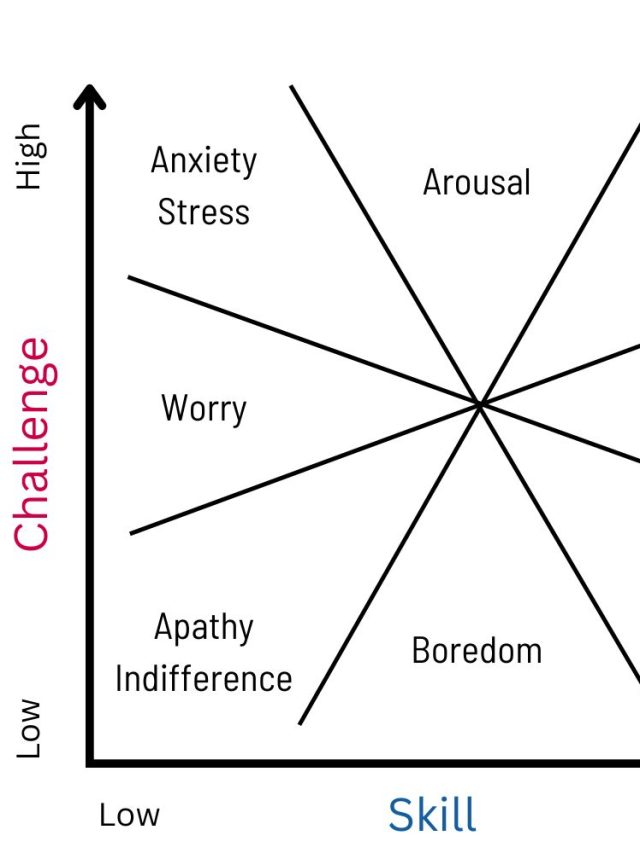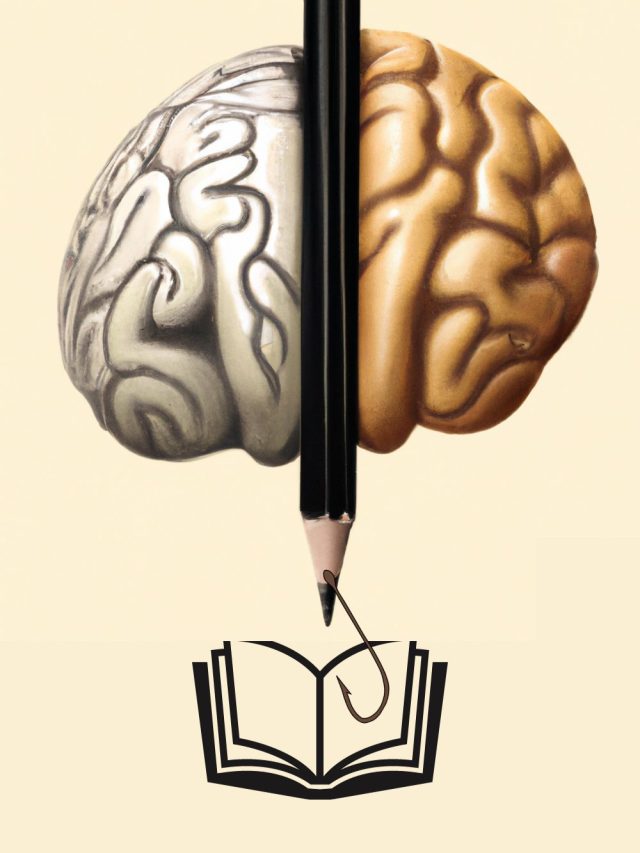Many people disconnect from social activities and seek solitude to improve their well-being. This “Social detox” is a common lifestyle choice when things get overwhelming. Do people feel better when they spend some alone-time and delete social media apps? Does distancing from society help?
Research suggests that a lot depends on a person’s motivation, choice, and the intensity of detox. Being alone on purpose is a choice, but being lonely isn’t.
Loneliness is associated with a wide range of negative effects like reduced life-satisfaction[1], poor coping with mental illness[2], increased chances of mental health issues[3], increased negative thoughts[4], and an increased risk of Alzheimer’s[5]. But, deliberate alone-time (solitude) and social detox have a number of positive effects.
Loneliness (unmet need for belonging) is different from being alone based on how much control a person has over social interactions. Loneliness, a passive state, is clearly linked to reduced well-being. However, alone-time & social detox might improve well-being.
Key terms
Loneliness: A feeling arising out of unmet social needs and a low sense of belonging & attachment. Isn’t a choice.
Alone-time/Solitude: A state of being away from other people without too many negative emotions. Is a choice.
Aloneliness: An unmet need for solitude & a mismatch between actual time spent alone and how much time you want to be alone. It is the negative feeling coming from not spending time by yourself.
A personality trait called Sensory Processing Sensitivity (SPS) is important in understanding why some people choose to detoxify. This temperament describes how sensitive people are to physical sensations, emotional experiences, thoughts, and details in an experience. High sensory processing sensitivity can easily overwhelm a person. It can draw excessive attention to details that trigger multiple trains of distressing thoughts. At its core, sensory processing sensitivity is the depth of information processing, awareness of subtleties in the environment, ease of getting overwhelmed, and emotional processing/responses.
While this trait means “highly sensitive person,” it does not mean b*tthurt.
A high SPS has both positive and negative consequences. Some research indicates that SPS makes people prone to anxiety and fixating on negative details. But, on the plus side, high SPS is also associated with creativity and increased positive experiences.
Researchers propose[6] that sensory processing sensitivity begins with an interaction of emotional reactions and depth of processing which makes people aware of details and that, potentially, overwhelms. In the context of this article – loneliness, alone-time, and social detox – a person might choose to detox because of the overwhelming nature of highly stimulating social experiences. These can be weekend benders, a series of small-talks, parties/events, social media chats, etc.
In a recent study[7] using a number of tests and in-depth interviews to understand well-being in high SPS people, researchers found 7 factors that positively affected their well-being – positive social relationships balanced by times of solitude, connecting with nature, contemplative practices, emotional self-regulation, practicing self-compassion, having a sense of meaning, and hope/optimism. Balance & harmony in all aspects of life was important to the participants. According to extensive research in positive psychology, these factors are causally linked to an increase in happiness and well-being.
Times of solitude, or more specifically, quality alone-time, was a purposeful activity high SPS people engaged in to improve their well-being. They also highlighted that low-intensity positive emotions, along with a sense of balance, self-awareness & acceptance, and harmony are the key features of their happiness.
Quotes from their interviews:
“solitude is something that’s very important for me to maintain some of my sanity and my energy”
“it’s really important that I stay with myself”
“I get a lot of invitations, and I always feel obligated that I need to catch up with this person, and this person and this person […] but now I’m like, no, I’ve had one of those weeks when I need to go home”
These typify the mental state of a number of people. Crude estimates say that 15-20%[8] of all people and up to 35% of children[9] are high SPS.
Motivation plays an important role in how spending time alone helps with well-being. A study[10] attempting to tease out motivation confirms an intuitive insight – intentional solitude is good, forced is bad. For adolescents (10-18 y/o) and emerging adults (18-25 y/o), seeking solitude because of external reasons is associated with social anxiety, depressive symptoms, and loneliness but seeking it for self-determined intrinsic reasons is associated with improved well-being. When people justify solitude and social withdrawal because they have no other option or they are dissatisfied with their options, alone-time can turn into loneliness. And when people travel solo or go out to clear their mind because they want to, alone-time can have a positive impact on mental health.
Older people are often at risk of total social isolation. In a 6-day longitudinal study[11] where only 11% of the active waking time was spent in solitude (hinting at alone-time, not loneliness), researchers reported a link between the quality of social interactions and emotions. Those who had unpleasant and conflict-stained social interactions, solitude reduced the intensity of those negative emotions. According to the researchers, solitude is globally linked with lower intensity emotions – positive as well as negative.
College students who feel like they don’t belong may benefit from solitude if they autonomously seek alone-time. A short longitudinal research on Canadian and American students[12] suggests that intrinsically motivated alone-time is linked to high self-esteem, a greater sense of relatedness, and lesser loneliness. The results of their study also showed that the positive effect of solitary time is more pronounced for students whose parents endorse and encourage independence. This supports the idea that spending time alone and wanting to be alone doesn’t necessarily point to mental health issues.
A relatively understudied and newly conceptualized phenomenon is Aloneliness[13] – the negative feeling about not spending enough time by yourself. Aloneliness comes with an unmet want of solitude – A raw dissatisfaction with the amount of time spent alone. People often express the intent and the motivation to spend quality time by themselves but external reasons often interfere and make it difficult to act on me-time. In a series of 4 studies, researchers established this new concept as a possible explanation for how solitude affects well-being and mental health.
While loneliness is understood as social dissatisfaction, aloneliness is understood as asocial dissatisfaction – a mirror image of loneliness. It is a mismatch between the intention to spend time alone and the satisfaction of actual time spent alone. For practical purposes, it is the difference between how much solitude you want and how much you feel you are getting it. It is the discrepancy between real vs. ideal time spent alone.
Aloneliness is based on how we perceive our time is spent. It is more about feeling that you need more or less, not whether you are objectively getting a fixed amount. High intention and low time alone is high aloneliness. Shy people may experience high aloneliness if their desire to be by themselves is not met and have to socialize against their liking. A high preference for solitude can increase aloneliness when one is not satisfied with the time spent alone and wants more personal time.
Researchers found that high aloneliness is moderately linked to depression regardless of how much time they spend alone. Even low aloneliness and high time spent alone are linked to an increase in depressive symptoms. This finding fits with the general understanding that being forced to be alone, beyond your capacity, is more about being lonely – a clear indicator of poor mental health.
After all, the need to spend time alone for self-motivated reasons is a valid way[14] to reduce stress. When lifestyle aspects interfere with that need and it’s unfulfilled, it may induce more stress. Managing aloneliness may be a potentially useful way to make solitude work for you. Distancing yourself to get rid of the social overwhelm for peace and quiet is a strategy to reduce high aloneliness and convert it into low aloneliness. Low aloneliness along with the satisfaction of getting enough alone-time is an indicator of good well-being.
Researchers invoke the Goldilocks Hypothesis to explain their findings – there are individual differences in the optimal level of getting “something” to see its positive effects. The moment when people feel “this is perfect” is subjective. Sexual appetite, social drinking, sleep, social duties, solitude, dating, etc., all depend on the individual’s needs – perceived and real.
Social interactions (and the lack thereof) affect emotions in another unique way. Researchers argue[15] that social interactions create a feedback loop with the initial emotional state which may amplify the emotion as we socialize. In a way, this explains why solitude reduces the intensity of emotions – the feedback mechanism is cut off.
When it comes to social media detox, the benefits can’t be easily teased out. A study[16] done on 130 college students suggests that there is no effect of social media abstinence on well-being. This is counterintuitive because deleting social media apps is a common strategy to seek solitude and distance yourself from pseudo-social aspects. However, in their experiment which tested social media abstinence for up to 4 weeks, participants were asked to abstain for the sake of research. Based on previous findings, the self-motivated intention to seek solitude is the key factor in creating positive effects of detox. This core aspect was not addressed. So, perhaps, unless a person is truly motivated for self-determined reasons, social media detox might not affect mental health & well-being.
A different set of factors drive our social media behavior and many aspects of it have positive and negative consequences on mental health. Here is a starting point to understand how social media affects mental health and how it can apply to loneliness, aloneliness, and passive social behavior.
Recent studies show that people who seek solitude for self-motivated reasons experience improved well-being. It’s a key part of happiness for sensitive people. But, solitude due to external reasons induces loneliness. Even an unmet need for alone-time (Aloneliness) can reduce well-being.
On a slightly unrelated note, there is an extreme version of loneliness, social withdrawal, and aloneliness in Japan – the Hikikomori syndrome – prolonged, deliberate social withdrawal to the point of skipping work and school by staying locked up in a house. This cultural phenomenon is most commonly seen in older, college drop-out males. One study[17] suggests that being Hikikomori is strongly associated with past psychiatric treatment and a number of related symptoms like obsessive behaviors, social anxiety, interpersonal anxieties, and emotional dysregulation. Another one[18] points toward poor attachment and emotional dependence on others. Along with those factors, factors like initial aloneliness and externally forced solitude may contribute – time will tell.
Aloneliness is a mismatch between the intention to spend time alone and the satisfaction (or dissatisfaction) of time spent alone. A high mismatch is linked to poor well-being but intentional solitude is linked to better well-being. Share on X- Loneliness, and alone-time because the alternatives are bad, is associated with poor mental health
- Alone-time, especially for highly sensitive people, can improve happiness and the quality of life
- Aloneliness – the negative feeling emerging from not spending enough time alone – is an important factor associated with well-being. Reducing it will usually increase life satisfaction.
- Intrinsic motivation in seeking solitude is the strongest way social detoxing can help
- Alone time reduces the intensity of positive and negative emotions
Sources
[2]: https://guilfordjournals.com/doi/abs/10.1521/jscp.2012.31.8.810
[3]: https://www.emerald.com/insight/content/doi/10.1108/JPMH-03-2016-0013/full/html
[4]: https://www.sid.ir/en/journal/ViewPaper.aspx?ID=565978
[5]: https://jamanetwork.com/journals/jamapsychiatry/article-abstract/482179
[6]: https://www.sciencedirect.com/science/article/pii/S0149763418306250
[7]: https://psyarxiv.com/dmpxn/
[8]: https://journals.sagepub.com/doi/abs/10.1177/1088868311434213
[9]: https://psycnet.apa.org/record/2017-42386-001
[10]: https://www.sciencedirect.com/science/article/pii/S0140197118301957?dgcid=rss_sd_all
[11]: https://academic.oup.com/gerontologist/article-abstract/59/6/1152/5040067
[12]: https://link.springer.com/article/10.1007/s11031-019-09759-9
[13]: https://www.sciencedirect.com/science/article/abs/pii/S0191886919303101
[14]: https://oaktrust.library.tamu.edu/handle/1969.1/149243
[15]: https://www.tandfonline.com/doi/abs/10.1111/j.1533-8525.2003.tb00532.x
[16]: https://www.tandfonline.com/doi/abs/10.1080/15213269.2019.1688171
[17]: https://www.frontiersin.org/articles/10.3389/fpsyt.2019.00247/full
[18]: https://www.frontiersin.org/articles/10.3389/fpsyt.2019.00412/full

Hey! Thank you for reading; hope you enjoyed the article. I run Cognition Today to paint a holistic picture of psychology. My content here is referenced and featured in NY Times, Forbes, CNET, Entrepreneur, Lifehacker, about 15 books, academic courses, and 100s of research papers.
I’m a full-time psychology SME consultant and I work part-time with Myelin, an EdTech company. I’m also currently an overtime impostor in the AI industry. I’m attempting (mostly failing) to solve AI’s contextual awareness problem from the cognitive perspective.
I’ve studied at NIMHANS Bangalore (positive psychology), Savitribai Phule Pune University (clinical psychology), Fergusson College (BA psych), and affiliated with IIM Ahmedabad (marketing psychology).
I’m based in Pune, India. Love Sci-fi, horror media; Love rock, metal, synthwave, and K-pop music; can’t whistle; can play 2 guitars at a time.










